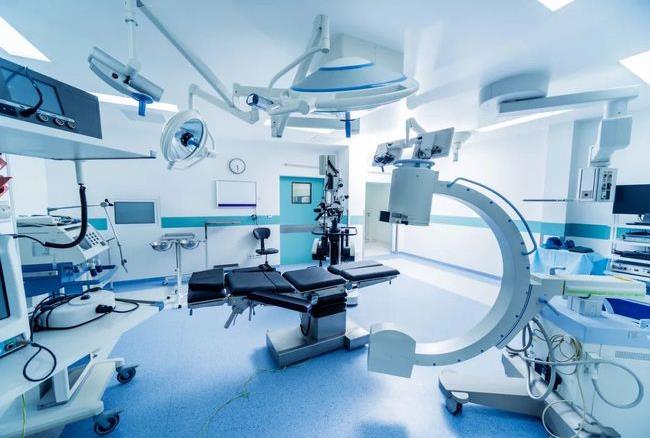With the continuous development of technology, smart medical devices have become an important part of the healthcare industry. Microcontrollers play a key role in smart medical devices, enabling them to perform a wide range of functions. This article will explore the key role of microcontrollers in smart medical devices and their development trends.

Microcontrollers are small, integrated circuits that contain a processor, memory, and input/output peripherals. They are used in a wide range of smart medical devices, including patient monitoring systems, diagnostic equipment, and implantable devices. Microcontrollers enable these devices to perform complex functions such as data acquisition, signal processing, and communication with other devices.
One of the key roles of microcontrollers in smart medical devices is to enable real-time data processing and analysis. For example, in a patient monitoring system, microcontrollers can acquire data from multiple sensors and process it in real-time to provide accurate and timely information to healthcare professionals. In addition, microcontrollers can perform advanced signal processing algorithms to detect anomalies or abnormalities in patient data, which can help healthcare professionals make more informed decisions.
Another key role of microcontrollers in smart medical devices is to enable wireless communication. With the rise of the Internet of Things (IoT), many smart medical devices are now connected to the internet and can communicate with other devices. Microcontrollers enable wireless communication by integrating Wi-Fi, Bluetooth, or other wireless communication protocols into the device.
In terms of development trends, microcontrollers in smart medical devices are becoming more powerful and energy-efficient. This is driven by the increasing demand for smaller, more portable devices that can operate for longer periods of time on a single battery charge. In addition, microcontrollers are becoming more integrated with other components such as sensors and actuators, which can further improve their functionality and performance.
In conclusion, microcontrollers play a key role in smart medical devices by enabling real-time data processing and wireless communication. As technology continues to evolve, microcontrollers in smart medical devices will become more powerful and energy-efficient, enabling the development of smaller, more portable devices with advanced functionality.

